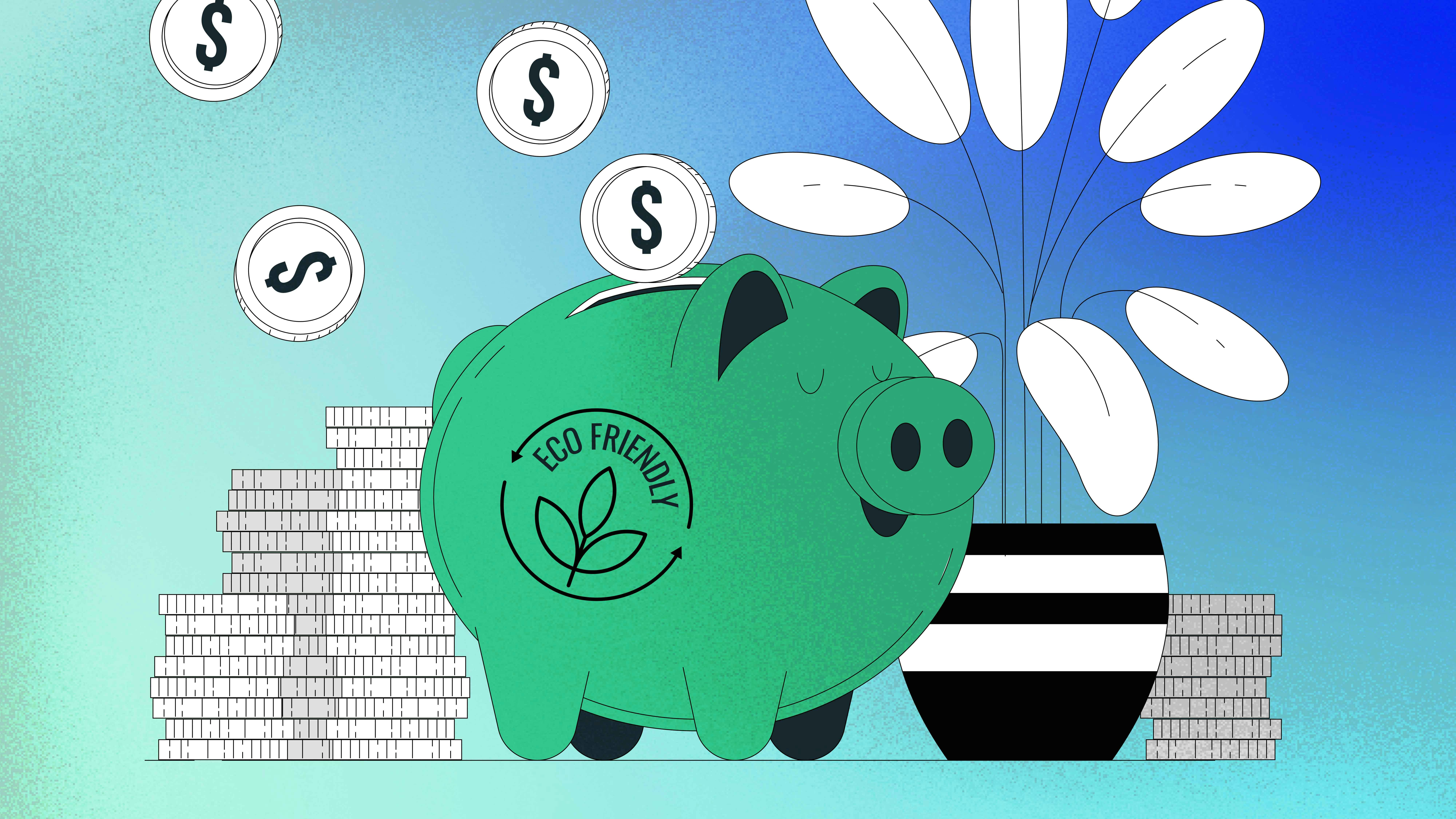Table of contents
Share
Learn more about greenwashing and connect with our team to audit your environmental policies and communications
Connect with our teamWhat is greenwashing?
Why is greenwashing happening?
At its core, greenwashing is all about money. Companies know that consumers are increasingly concerned about the environment, and they want to cash in on that concern by appearing to be eco-friendly. This is especially true for industries that have a significant environmental impact, such as the fashion, beauty, and food industries.
But here’s the thing: actually becoming more eco-friendly is hard work. It requires significant changes to the way companies operate, and it often comes with a cost. For example, a company might have to invest in more sustainable materials, change their production processes, or reduce the amount of waste they generate. These changes can be expensive, and they can also take a lot of time and effort to implement.
By contrast, greenwashing is easy. Companies can simply slap a “green” label on their products or make vague claims about being “eco-friendly” without actually changing anything about their operations. This allows them to appeal to consumers’ desire for eco-friendly products without actually having to do the hard work of becoming more sustainable.
The result? Consumers are left with a false sense of security, thinking they’re doing their part for the environment when they buy products that are marketed as “green.” Meanwhile, the companies selling those products continue to engage in environmentally harmful practices behind the scenes.

How to spot greenwashing
Vague or meaningless claims
False certifications
Irrelevant claims
Misleading labels
Green buzzwords



